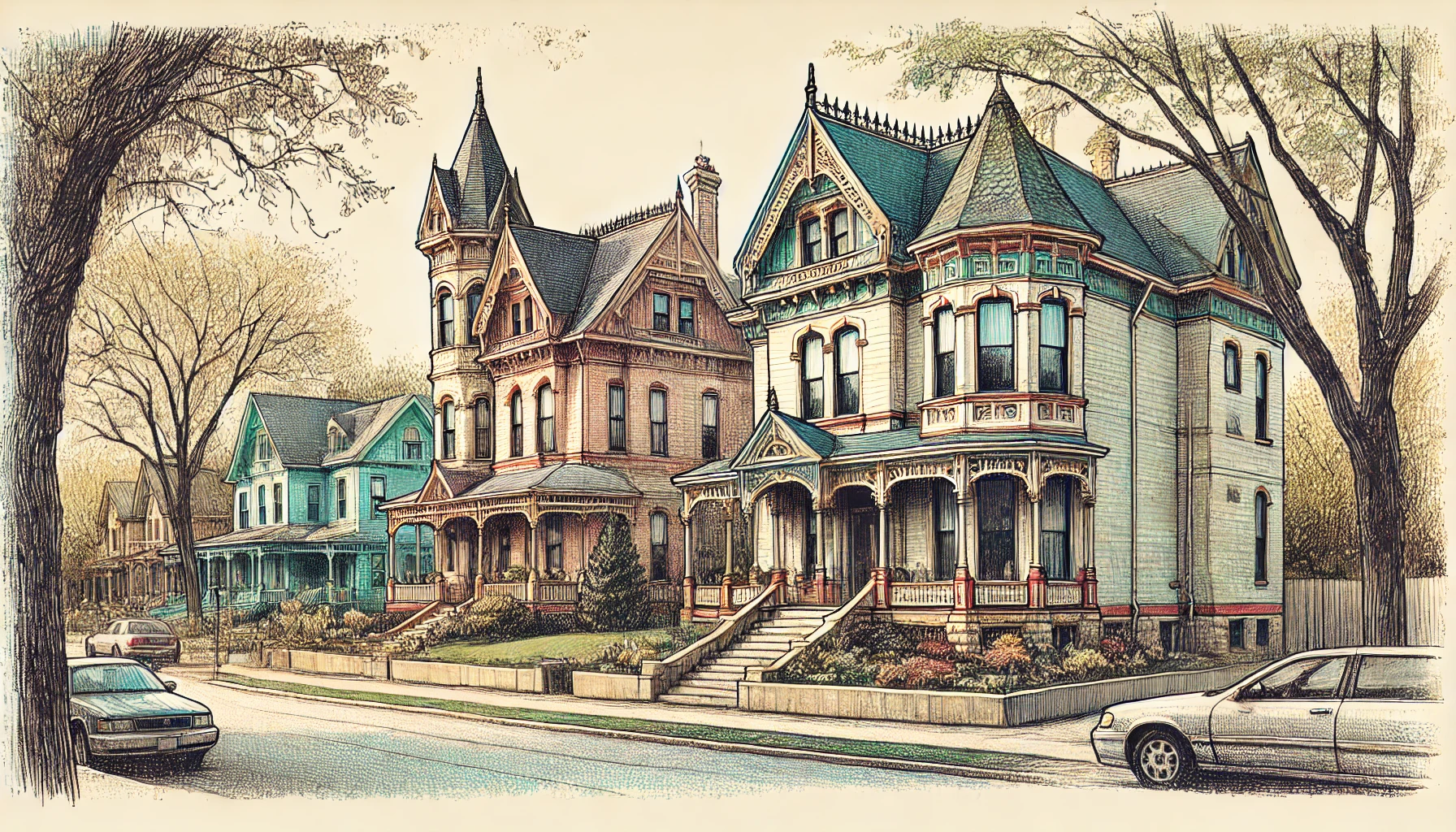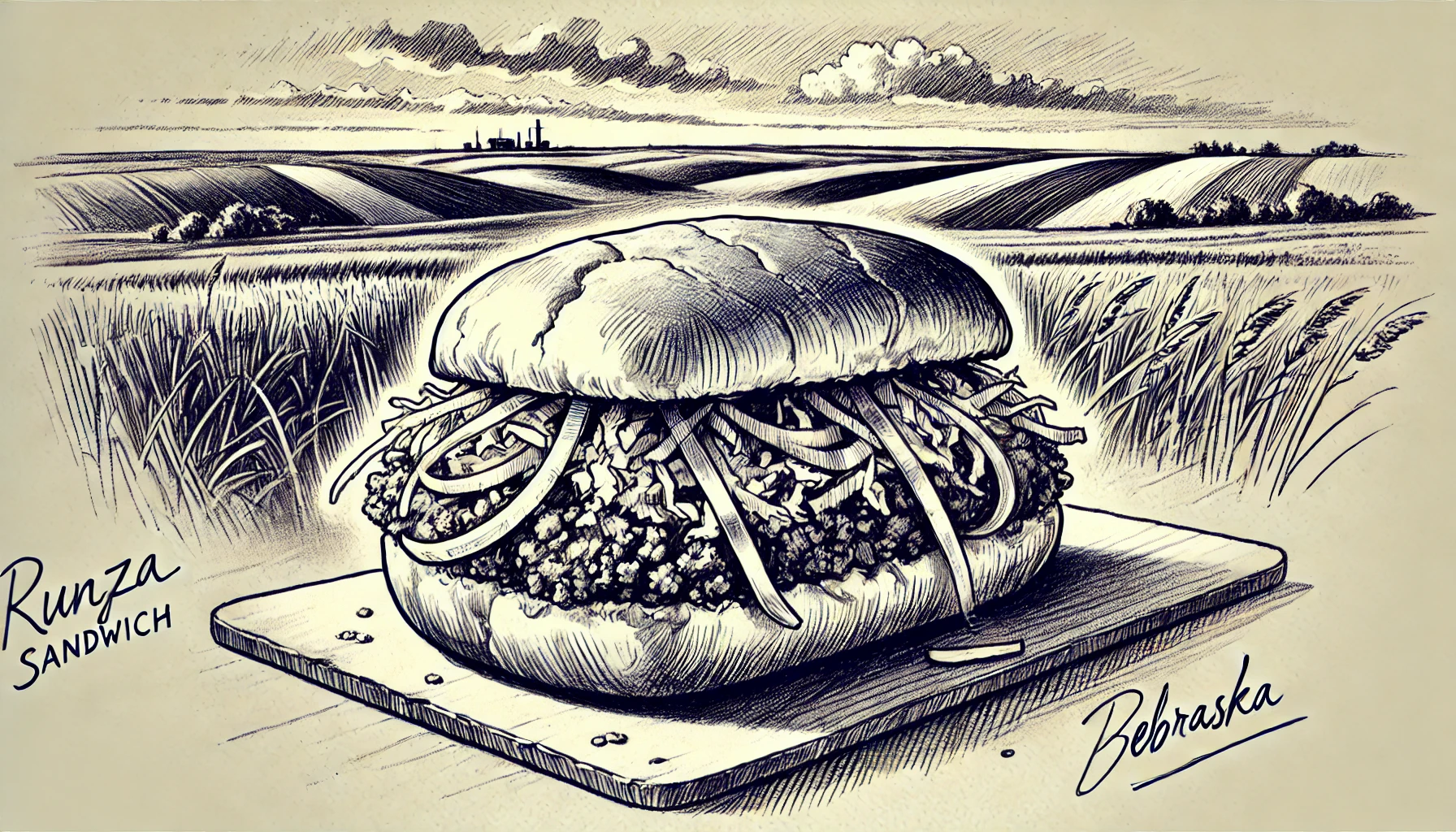Boot Hill Cemetery of Ogallala

Traveling through the scenic landscapes of Nebraska can be a surreal experience, and Roadside Attractions play a significant role in bringing the state's rich history to life. Among these attractions, Boot Hill Cemetery in Ogallala, Keith County, stands as a testament to the legacy of the American Old West. This historic cemetery, also known as Ogallala Boot Hill Cemetery, is nestled in the heart of Ogallala, a city situated near Lake McConaughy, the largest lake in Nebraska, approximately 60 miles north of Interstate 80.
Established in 1874 as a burial ground for outlaws and gunslingers who met their demise in the surrounding area, Boot Hill Cemetery drew its name from the term 'Boot Hill', a colloquialism often associated with violent or dishonorable deaths in the American West. In many cases, those who lived by the gun inevitably met their end by the same means, and the term 'Boot Hill' serves as a poignant reminder of the lawless era of the American frontier. Ogallala's Boot Hill Cemetery holds a distinct connection to the famous cattle drives and cowboy culture, as the town itself lies at the eastern terminus of the famous Texas Cattle Trail.
As with many other historic cemeteries in the United States, Boot Hill Cemetery showcases a fascinating array of grave markers and epitaphs, providing a glimpse into the lives of the individuals buried there. Notable examples include the grave of Ira G. Morton, a stagecoach driver who lost his life in 1876, and a haunting monument that pays tribute to the many outlaws and unknown souls who found an untimely grave in the surrounding wilderness. One particularly evocative epitaph, belonging to a mysterious individual known only as ' Unknown Cowpoke', honors the man's unmarked grave, touching the hearts of many who visit.
The historical aura surrounding Ogallala's Boot Hill Cemetery plays a significant role in local tourism, attracting visitors and history enthusiasts from across the country. Visitors to the cemetery will discover well-maintained gravestones, and in some cases, restored versions of the original markers. Moreover, interpretive signs and brochures across the grounds facilitate learning and promote an understanding of the figures buried within.
Furthermore, Boot Hill Cemetery appears on the National Register of Historic Places, a testament to its cultural significance and recognition within the wider historical context of American heritage. That recognition also testifies to its capacity to engage in, increase, or otherwise foster authentic historical appreciation.
After Nebraska's famous dust storm in the 1870s devastated Ogallala and plunged the town into relative obscurity, Boot Hill Cemetery gradually fell into state of disrepair. In an effort to restore the grounds to their former glory, local volunteers sought assistance from several regional and state-driven initiatives. Their work on restoring the site's significant markers offers an essential insight into American preservation, showcasing the symbiotic relationship between historical preservation, communal solidarity, and regional identity.
Boot Hill Cemetery, much like Nebraska itself, represents an enigmatic blend of mystery and discovery. Beyond dusty relics and forgotten souls, Boot Hill operates as a cherished shrine, telling us tales of untamed lands, fallen legends, and bygone eras - its raw charm often allowing those 'in the know' greater insights into and appreciation for complex American cultural events.
Established in 1874 as a burial ground for outlaws and gunslingers who met their demise in the surrounding area, Boot Hill Cemetery drew its name from the term 'Boot Hill', a colloquialism often associated with violent or dishonorable deaths in the American West. In many cases, those who lived by the gun inevitably met their end by the same means, and the term 'Boot Hill' serves as a poignant reminder of the lawless era of the American frontier. Ogallala's Boot Hill Cemetery holds a distinct connection to the famous cattle drives and cowboy culture, as the town itself lies at the eastern terminus of the famous Texas Cattle Trail.
As with many other historic cemeteries in the United States, Boot Hill Cemetery showcases a fascinating array of grave markers and epitaphs, providing a glimpse into the lives of the individuals buried there. Notable examples include the grave of Ira G. Morton, a stagecoach driver who lost his life in 1876, and a haunting monument that pays tribute to the many outlaws and unknown souls who found an untimely grave in the surrounding wilderness. One particularly evocative epitaph, belonging to a mysterious individual known only as ' Unknown Cowpoke', honors the man's unmarked grave, touching the hearts of many who visit.
The historical aura surrounding Ogallala's Boot Hill Cemetery plays a significant role in local tourism, attracting visitors and history enthusiasts from across the country. Visitors to the cemetery will discover well-maintained gravestones, and in some cases, restored versions of the original markers. Moreover, interpretive signs and brochures across the grounds facilitate learning and promote an understanding of the figures buried within.
Furthermore, Boot Hill Cemetery appears on the National Register of Historic Places, a testament to its cultural significance and recognition within the wider historical context of American heritage. That recognition also testifies to its capacity to engage in, increase, or otherwise foster authentic historical appreciation.
After Nebraska's famous dust storm in the 1870s devastated Ogallala and plunged the town into relative obscurity, Boot Hill Cemetery gradually fell into state of disrepair. In an effort to restore the grounds to their former glory, local volunteers sought assistance from several regional and state-driven initiatives. Their work on restoring the site's significant markers offers an essential insight into American preservation, showcasing the symbiotic relationship between historical preservation, communal solidarity, and regional identity.
Boot Hill Cemetery, much like Nebraska itself, represents an enigmatic blend of mystery and discovery. Beyond dusty relics and forgotten souls, Boot Hill operates as a cherished shrine, telling us tales of untamed lands, fallen legends, and bygone eras - its raw charm often allowing those 'in the know' greater insights into and appreciation for complex American cultural events.
